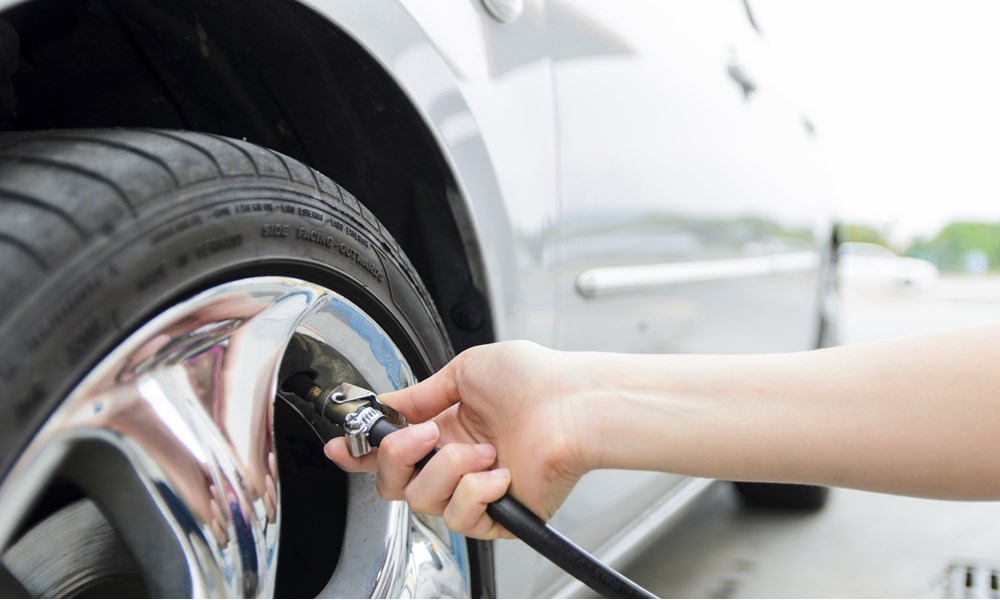Does It Affect My Gas Mileage If My Tires Are Not Properly Inflated?

Tire pressure does have an effect on your gas mileage. You can save money on gas by maintaining proper tire pressure and save money on tires because properly inflated tires last longer.
Government data support the benefits of proper tire inflation. Department of Transportation figures show that under-inflated tires waste about 5 million gallons of gas every day in the United States. Learn more about how improperly inflated tires affect your gas mileage with this guide from Heritage Honda Bel Air, Parkville & Westminster.
Poor fuel economy
Under-inflated tires cost you money. The U.S. Department of Energy says that for every 1 psi missing from your car’s set of 4 tires, you lose 0.1 percent of your gas mileage. (Every psi lost also means that tires wear 10 percent faster.)
By properly inflating your tires, you can improve your gas mileage by 3.3 percent. This means that cars getting 30 mpg could see a benefit of about 1 mpg with properly inflated tires.
This benefit seems small at first, but when combined with tire savings this amounts to a significant sum over time. Now that you understand more about tire pressure, it’s time to check the pressure in your car’s tires.
Checking your tire pressure
Low-cost tire pressure gauges are available from most auto supply stores. The ones with either a dial gauge and pointer or an electronic display usually provide the most accurate readings. You can also contact Heritage Honda Bel Air, Parkville & Westminster to schedule a full tire inspection and get your tires filled to the correct levels.
Take tire pressure readings after your car has cooled down. This avoids inaccurate readings caused by tires heated by the road. To take a pressure reading, unscrew the cap from the tire valve, position your gauge on the valve and then press down.
To inflate a tire, use either your own air pump or one at a gas station to inflate them until they reach the needed pressure. Be sure to use your pressure gauge to verify proper inflation.
Do not inflate tires according to the maximum pressure rating written on their sidewalls. Most cars have a sticker on the driver-side door jamb that lists recommended tire pressure. If you're unsure, contact the Heritage Honda Bel Air, Parkville & Westminster service department.
Why does tire pressure change?
Tires are made from porous materials, meaning that they lose air even when they do not have a leak. A study by Consumer Reports showed that air-filled tires naturally lose about 3.5 psi of pressure over a year at rest, but real-world conditions may cause more natural air loss.
Climate also affects tire pressure. Tires properly inflated tires in the winter often become overinflated when the weather turns hot and the air inside tires expands. Similarly, properly inflated tires during the summer suddenly look flat when the weather turns cold and the air inside tires contracts.
As you can see, your tire pressure can have a big impact on your mileage. Contact Heritage Honda Bel Air, Parkville & Westminster today to make sure you're getting the most out of your tires.
